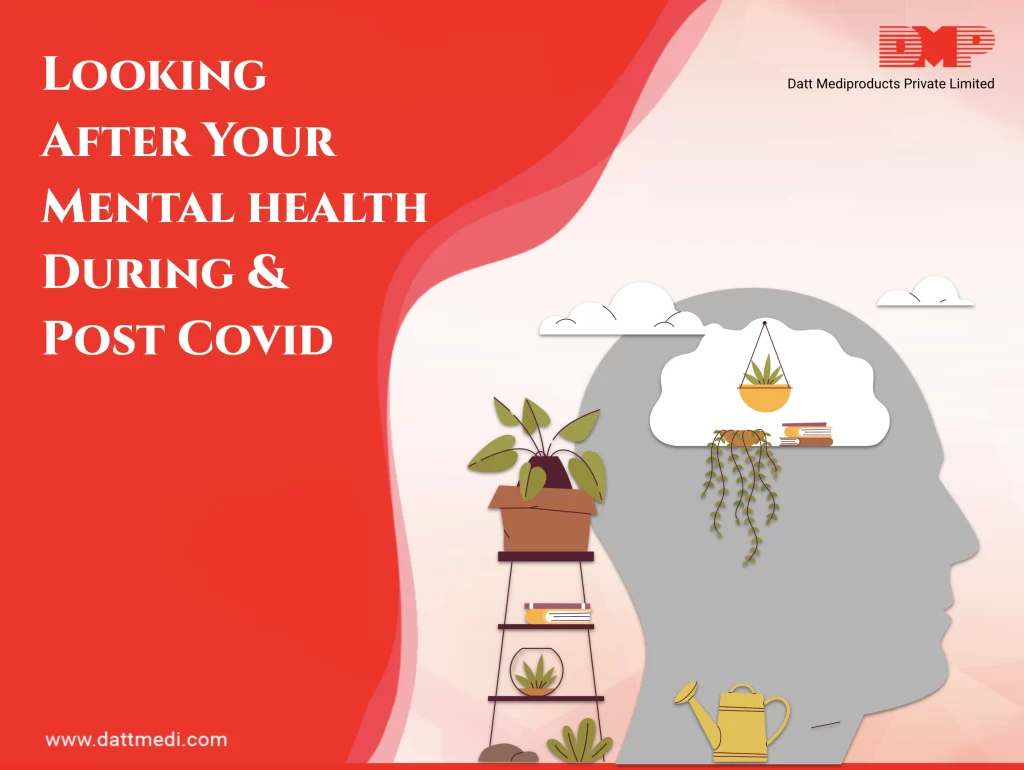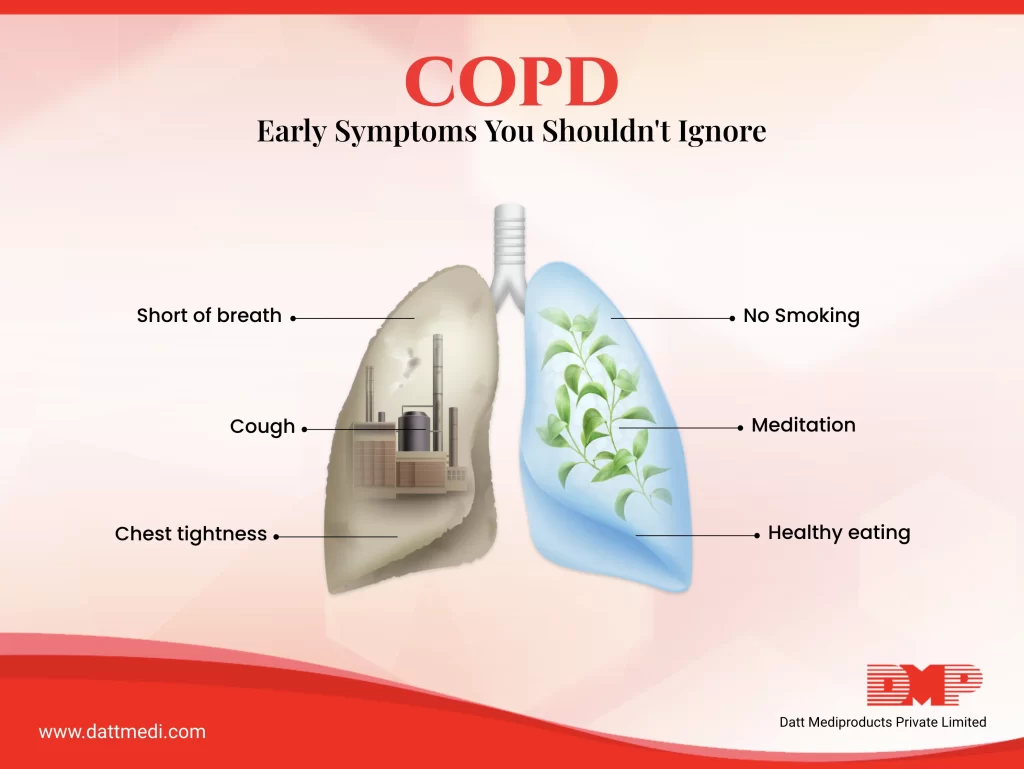
Childhood is a critical phase of development that lays the foundation for a healthy and fulfilling life. As parents, caregivers, and members of society, ensuring the health and well-being of our children is a top priority.
The early years of a child’s life are crucial for their development, setting the stage for their future health and happiness. By understanding the various aspects that contribute to a child’s overall well-being, we can create a solid foundation for their growth and help them thrive. In this blog, we will explore various aspects that contribute to building healthy foundations for children, including early childhood development, nutrition, physical activity, preventive healthcare, mental and emotional health, safe environments, and healthy sleep habits.
Understanding Early Childhood Development:
Early childhood development encompasses the physical, cognitive, social, and emotional growth that occurs from birth to around the age of eight. This period is crucial for brain development, language acquisition, and the formation of social skills. It is essential for parents and caregivers to engage children in stimulating activities, such as reading, playing, and problem-solving, to promote optimal development.
The Power of Nutrition:
Nutrition plays a vital role in a child’s growth and development. Providing a well-balanced diet that includes a variety of fruits, vegetables, whole grains, lean proteins, and dairy products is crucial. Adequate nutrition ensures that children receive the essential nutrients their bodies need to support physical growth, cognitive function, and immune system strength. Limiting sugary snacks and beverages can help prevent the development of unhealthy eating habits and reduce the risk of childhood obesity.
Promoting Physical Activity:
Regular physical activity is crucial for children’s overall health and well-being. It helps build strong bones and muscles, improves cardiovascular fitness, enhances coordination and motor skills, and contributes to a healthy weight. Encourage children to engage in age-appropriate activities such as active play, sports, and outdoor adventures. Limit screen time and promote active hobbies to ensure they maintain an active lifestyle.
Preventive Healthcare and Immunizations:
Preventive healthcare and immunizations are critical to safeguarding children’s health. Regular visits to healthcare providers for well-child check-ups allow for early detection and intervention of potential health concerns. Immunizations protect children from vaccine-preventable diseases, reducing their susceptibility to illnesses and safeguarding the health of the entire community. Staying up-to-date with recommended vaccinations ensures that children have a strong defense against infectious diseases.
Nurturing Mental and Emotional Health:
Promoting mental and emotional well-being is equally important for a child’s overall health. Creating a supportive and nurturing environment at home, school, and within the community helps children develop resilience, self-esteem, and positive coping skills. Encouraging open communication, active listening, and providing emotional support can assist children in navigating their emotions and building healthy relationships. Engaging in activities that promote creativity, self-expression, and mindfulness can also enhance their emotional well-being.
Safe Environments and Injury Prevention:
Creating a safe environment is essential for child health and well-being. Childproof your home by securing cabinets, electrical outlets, and sharp objects. Ensure a safe outdoor play area, free from hazards. Teach children about potential dangers, such as fire, water, and strangers, and how to stay safe in different situations. Supervision and education are crucial in preventing injuries.
Healthy Sleep Habits:
Adequate sleep is vital for children’s physical and cognitive development. Establish a consistent sleep routine and ensure children get the recommended amount of sleep based on their age. Create a calm and comfortable sleep environment, free from distractions. Limit screen time before bedtime, as it can interfere with quality sleep. Encourage relaxation techniques, such as reading or listening to soothing music, to promote better sleep.
Building healthy foundations for children requires a holistic approach that encompasses various aspects of their well-being. By understanding early childhood development, promoting proper nutrition, encouraging physical activity, prioritizing preventive healthcare, nurturing mental and emotional health, ensuring safe environments, and establishing healthy sleep habits, we can set children on a path towards a healthy and fulfilling life.
Together, let us prioritize their health, provide them with the support they need, and empower them to grow into happy, healthy individuals who can thrive and make a positive impact on the world. Let us join hands in creating a healthier future for our children.




